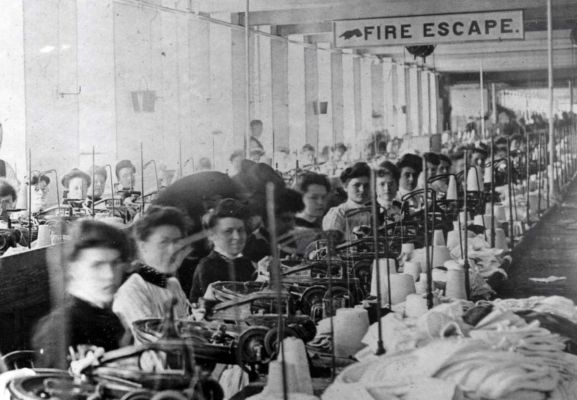Yesterday I went to see Les Miserables with my friends. It's an incredible movie. You need to see it if you haven't already. But please, parents, don't bring your children. I saw kids young as eight being lead into the theater. It's rated PG-13 for a reason. But besides that...
Gun fights! Sword fights! Unrequited love! Barricades! Escaped prisoners! Tragic death scenes! Forty nine musical numbers!
The woman sitting next to us texted through the whole thing.
If you're going to pay $6.25 you may as well watch it.
I hate people who text during movies, whether it's playing in the theater or my basement. The room's almost completely dark. Do you really think we can't see the little blue light popping up? You could at least hide it.
Any teenager knows the rules of phone etiquette. Maybe it's because we've grown up with movie theater commercials telling us to please turn off any electronic devices.
We hold our phones in our laps. If we can't do that, we hold them level with our rib cages. But not before we locate a backpack, desk, or unwitting friend to shield them from view. That's common sense in high school.
Then I see adults who like to hold them at neck level. Maybe they're trying to read the tiny words. Most phones have a zoom function, but no I understand if some people haven't figured out how to use it yet.
Leaning forward, however, is a practical skill I encourage everybody to master before reaching the age of two.
 |
| Seems like he's got it down already. |
We don't need to be taught phone etiquette. We're inventing it.



.jpg/111475497/800px-Child_coal_miners_(1908).jpg)

